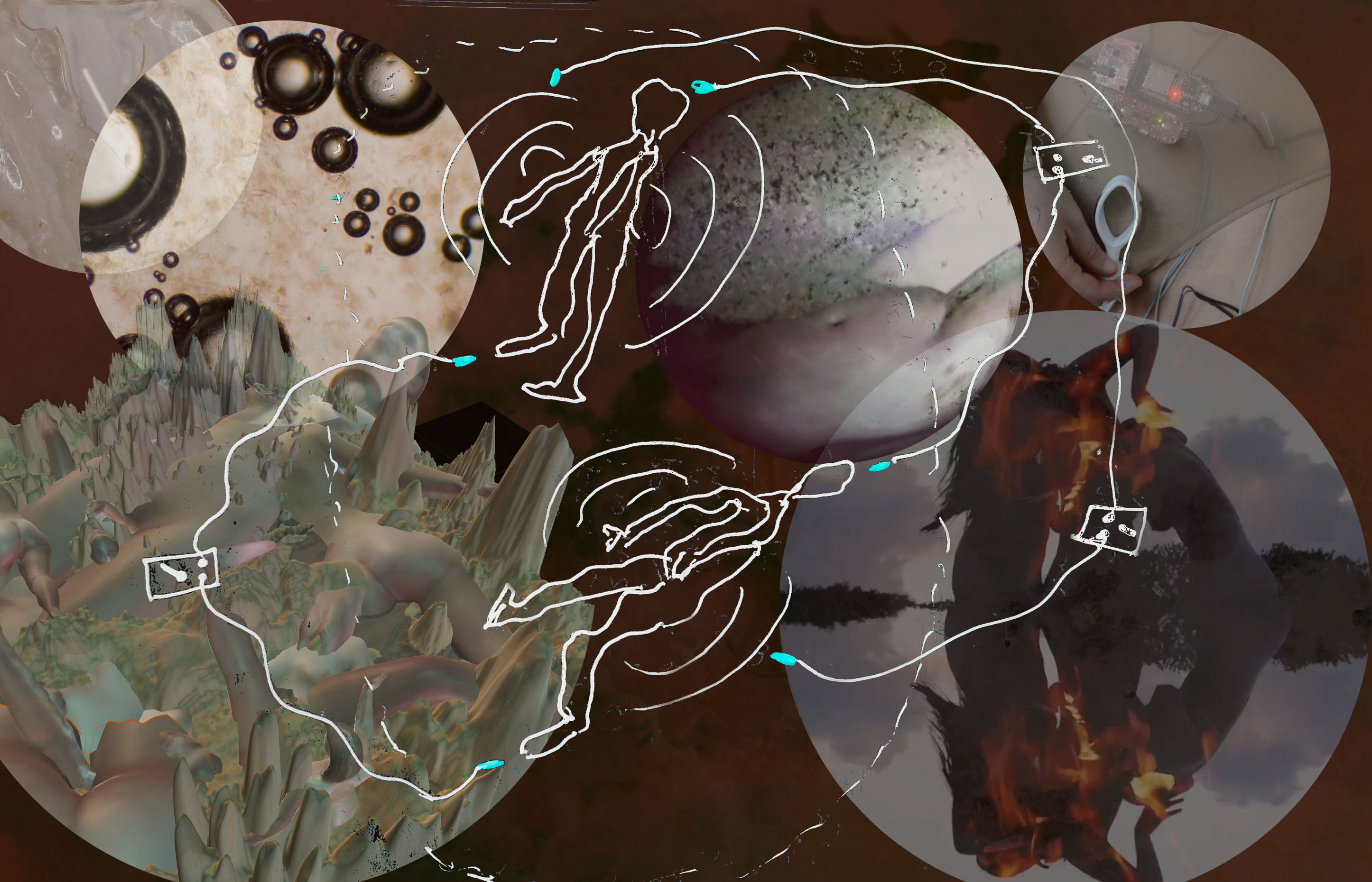
Visual Essay
The annual Bio Art & Design (BAD) Award encourages new artists and designers to explore the world of bio art and design. It looks at the social, cultural, and ethical aspects of science through art, and it promotes collaborations between art and science. The three winning projects will be on show in the creative city of Eindhoven at MU Hybrid Art House on Strijp-S, where they will be presented in a thematic exhibition alongside other bio art & design works. Let's have a look at the three winning projects of this year.
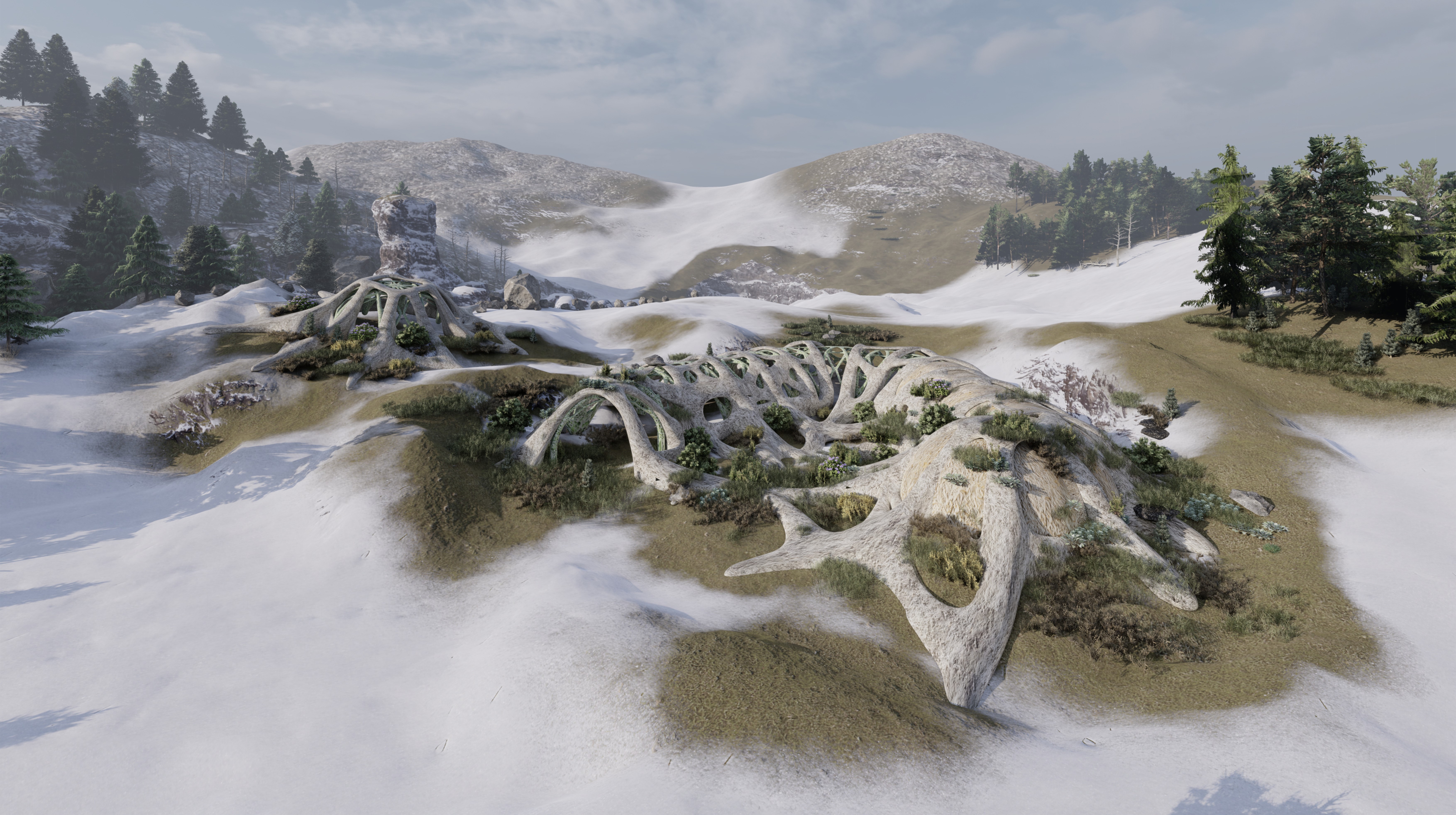
Anna Vershinina & Wieger Wamelink
The way we construct buildings today is harming the environment a lot. It consumes a lot of energy and resources, while also generating significant waste and pollutants. We need a fresh approach to how humans can live in harmony with their environment.
ExoGarden is an architectural prototype designed to quickly create spaces where people can live and grow their own food. This can give communities living in tough conditions the tools they need to thrive and become more self-reliant, even in the toughest of climates here on Earth and space. The project incorporates innovative ideas from the technology used to produce food in space, where resources are limited. This means it can efficiently produce food and shelter using minimal resources. In addition to supporting human life, ExoGarden also thought of a way to clean up and restore the environment. It can help improve conditions in damaged or polluted areas.
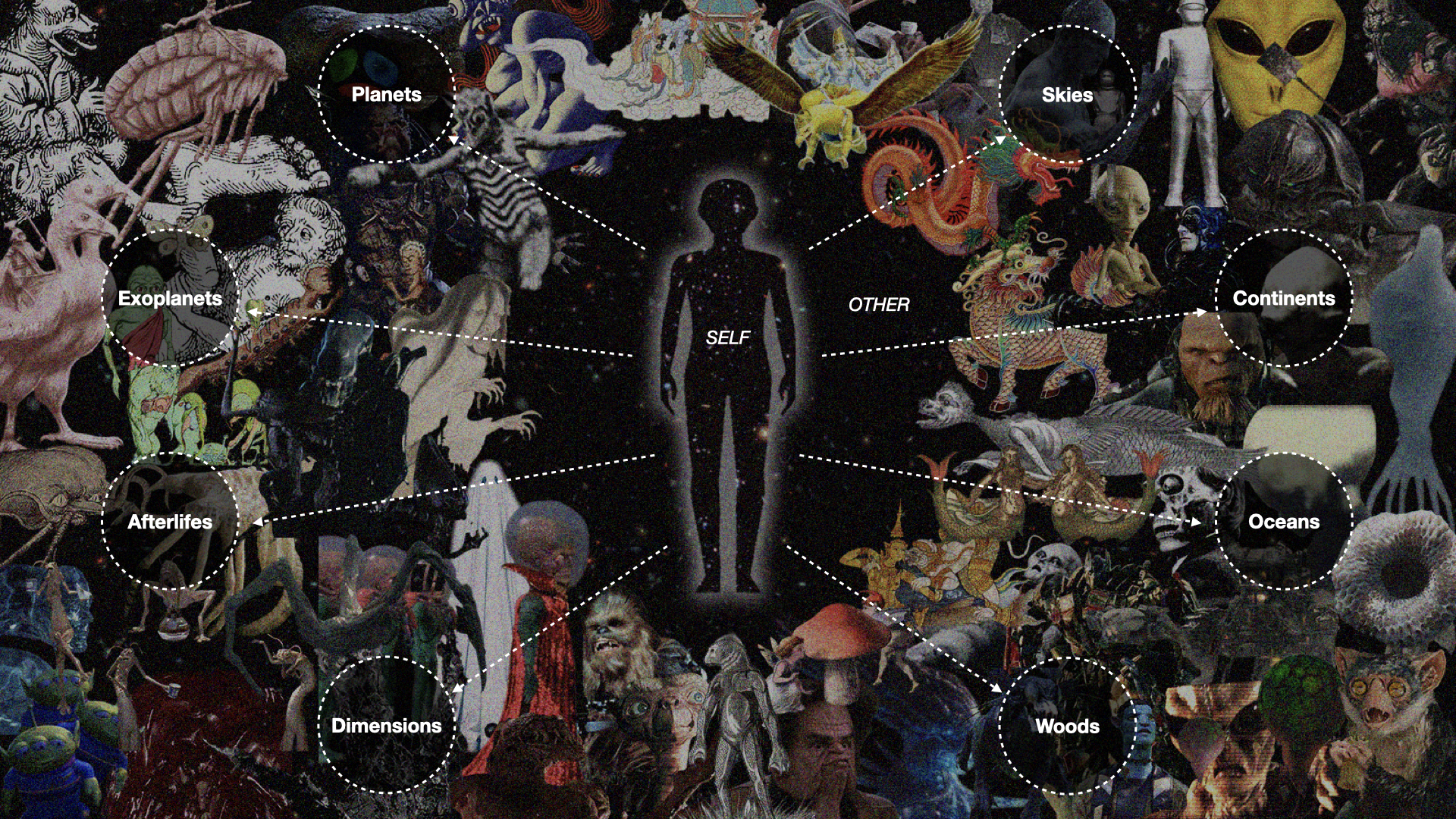
Hung Lu Chan, Floortje Bouwkamp & Floris de Lange
Did you know that the earliest ideas about alien life can be traced back all the way to ancient Greece? We have been letting our imagination run wild ever since. Our descriptions about aliens and their homes teaches us a lot about how we see things that are different from us and any cultural biases it might come with this. This is because all of these wild ideas are heavily influenced by our surroundings. What seems familiar to you, might not be familiar to someone on the other side of the world - or galaxy.
Atlas of Aliens makes use of brain scans (fMRI), generative artificial intelligence program Midjourney and a guided meditation to explore individual and AI-generated alien thoughts alike. The end goal is to create a visual map of our alien interpretations, hoping to make us think more deeply about our own biases and how we see people who are different from us.
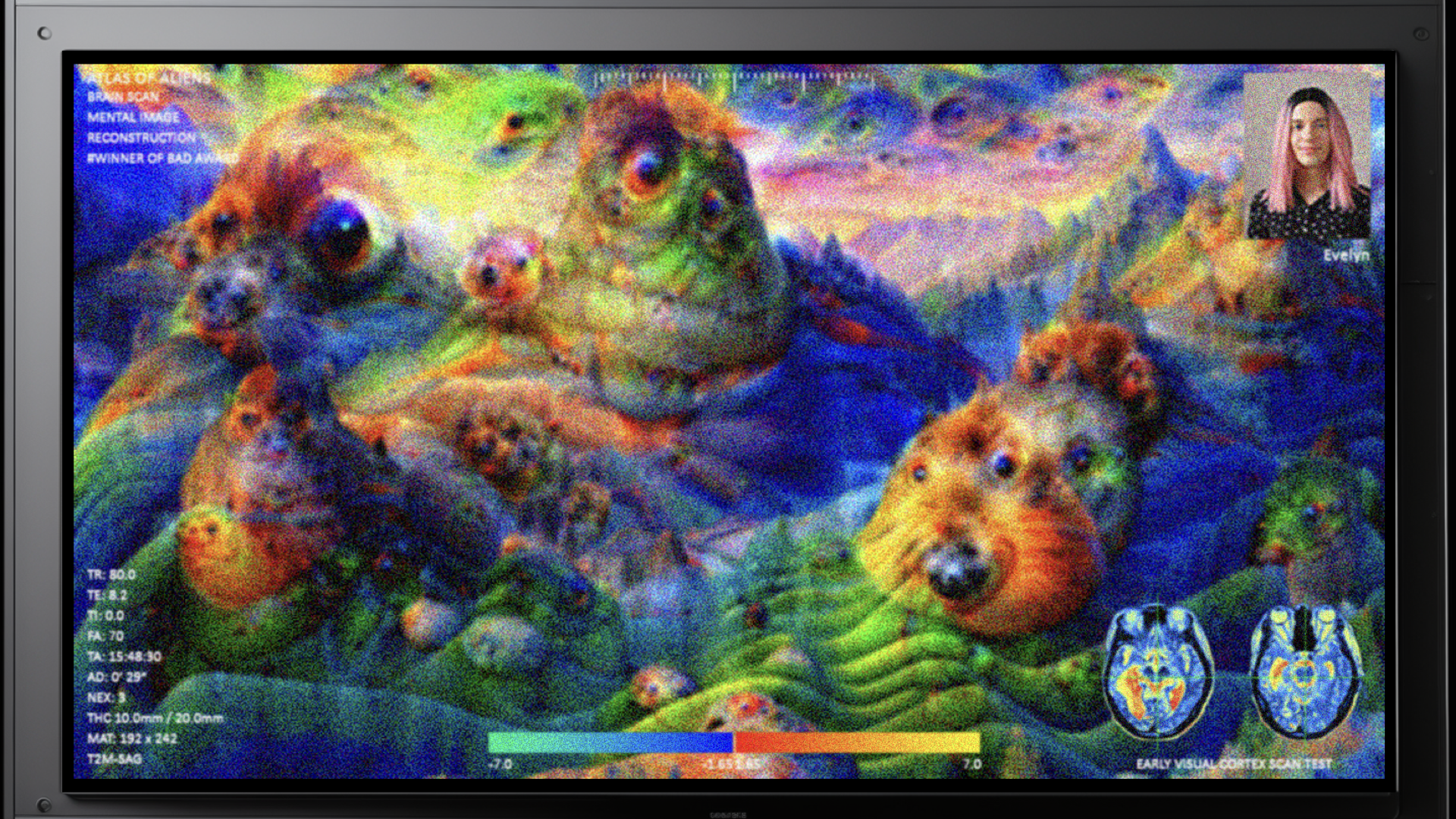
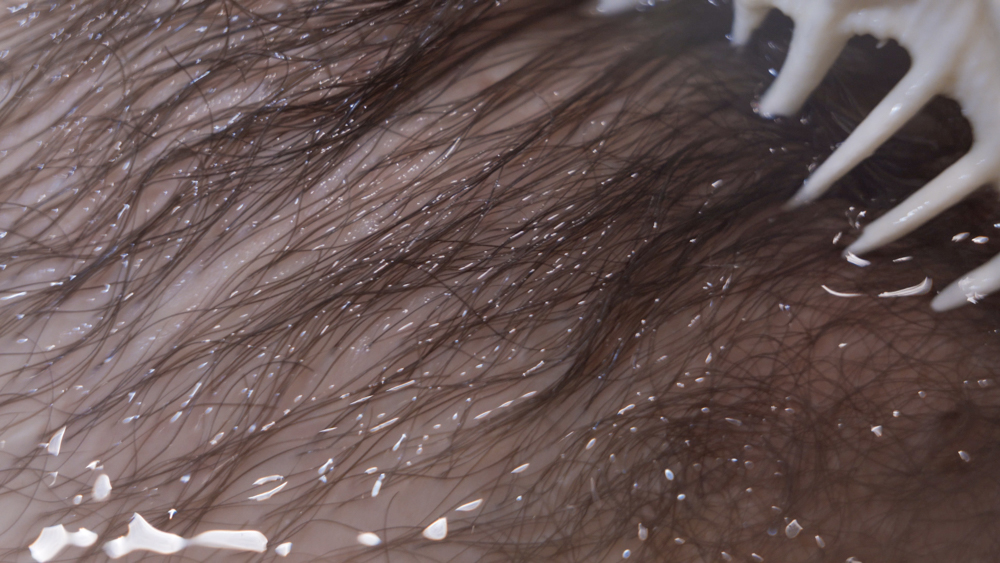
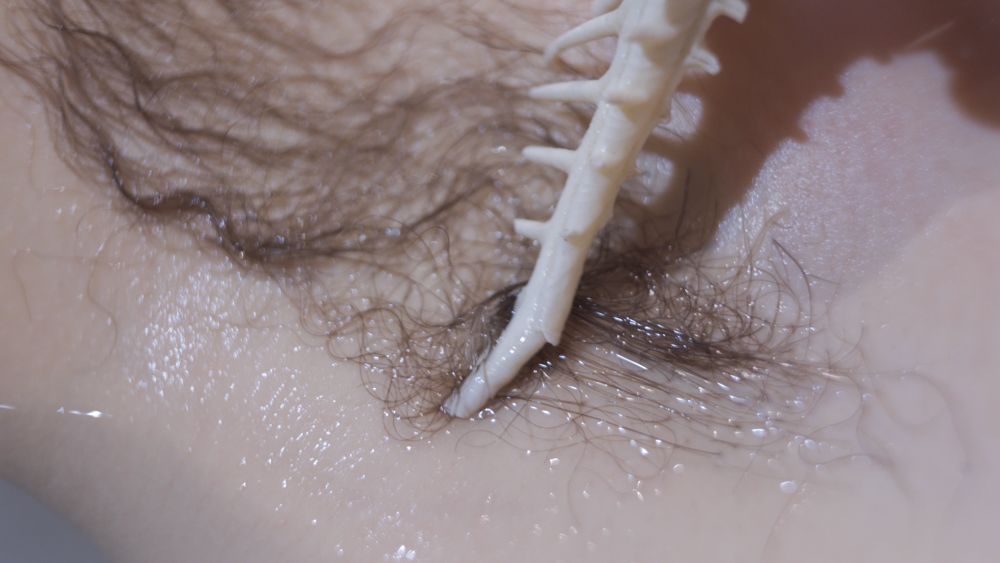
Pamela Varela, Ella Hebendanz & Joris Koene
The word "cunt" is used as a swearword due to historical taboos surrounding female anatomy, even though it's derived from the Latin word "cunnus," referring to the genitalia. In order to reframe this 'bad' word, designers Pamela Verela, Ella Hebendanz and Joris Koene, turned to computational design and film to can reclaiming the vulva.
Re-c(O)unting acknowledges the vulva, reclaims the domain of computation and unveils the magick of science. The project is a healing journey addressing the deep-seated traumas carried by our lands and bodies. The project uses the word 'cunt' to refer to the vulva, reframing it as a source of empowerment rather than an insult. 'Count' stands for acknowledgment, storytelling, and mathematical counting. The 'O' hints at both orgasm and algorithms. Re-c(O)unting digs deep inside the body to reveal the magick of science in order to retell its stories.
As of 2022, the BAD Award is made possible by cultural partners with a strong interest in biotechnological breakthroughs in the (life) sciences and the ethical, societal, and cultural implications surrounding this research: BioArt Laboratories, Dutch Design Foundation, MU Hybrid Art House and Next Nature.